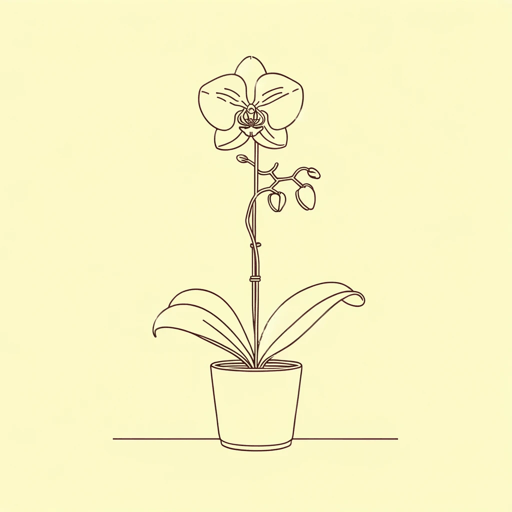49 pages • 1 hour read
Katherine MarshNowhere Boy
Fiction | Novel | YA | Published in 2018A modern alternative to SparkNotes and CliffsNotes, SuperSummary offers high-quality Study Guides with detailed chapter summaries and analysis of major themes, characters, and more.
Important Quotes
“He’d only just turned fourteen, but everyone always thought he was older. The police might see not the face of a boy, but of a sullen young man, a possible terrorist. Wasn’t that the fear he’d seen lurking in so many European eyes?”
(Chapter 3, Page 17)
Even at this early stage in his European odyssey, Ahmed has become accustomed to being perceived as a threat rather than as someone in need of protection and care. Although he is a young teenager, he looks older, and he is keenly aware that the pain he has experienced during the war and his escape from Syria may translate as a “sullen” expression. He does not expect to find sympathy from anyone, whether they are authority figures or regular people.
“‘What Muslims?’ Max asked. ‘The Syrians, the Iraqis, the Afghanis,’ Madame Pauline said, ticking off on her fingers. ‘Haven’t you seen the news? They’re flooding Europe. It’s worse than the Africans. They don’t want to fit in.’”
(Chapter 6, Page 38)
Madame Pauline articulates her view, which she holds throughout the novel, that Muslim immigrants and refugees are endangering the culture of Belgium and other European countries. She believes herself to be well-informed on the topic because she has seen it on “the news,” and her reference to African immigrants suggests a longstanding fear of those she perceives as outsiders.
“Even though Max knew they were talking about Muslims, he felt as if the warning also applied to him. He was from a different country. […] He hoped the interview was over, that Inspector Fontaine would leave. But Madame Pauline was just getting started. ‘Europe used to be safe before they arrived.’”
(Chapter 6, Page 39)
Although Madame Pauline’s worldview exempts white Americans like Max and his family from suspicion, Max instinctively identifies with the immigrants and refugees that she fears—an early instance of his growing understanding of The Importance of Empathy in Global Issues. Madame Pauline’s statement that Europe was safe “before” the current waves of immigration both ignores European history and foreshadows the terrorism panics later in the novel.

